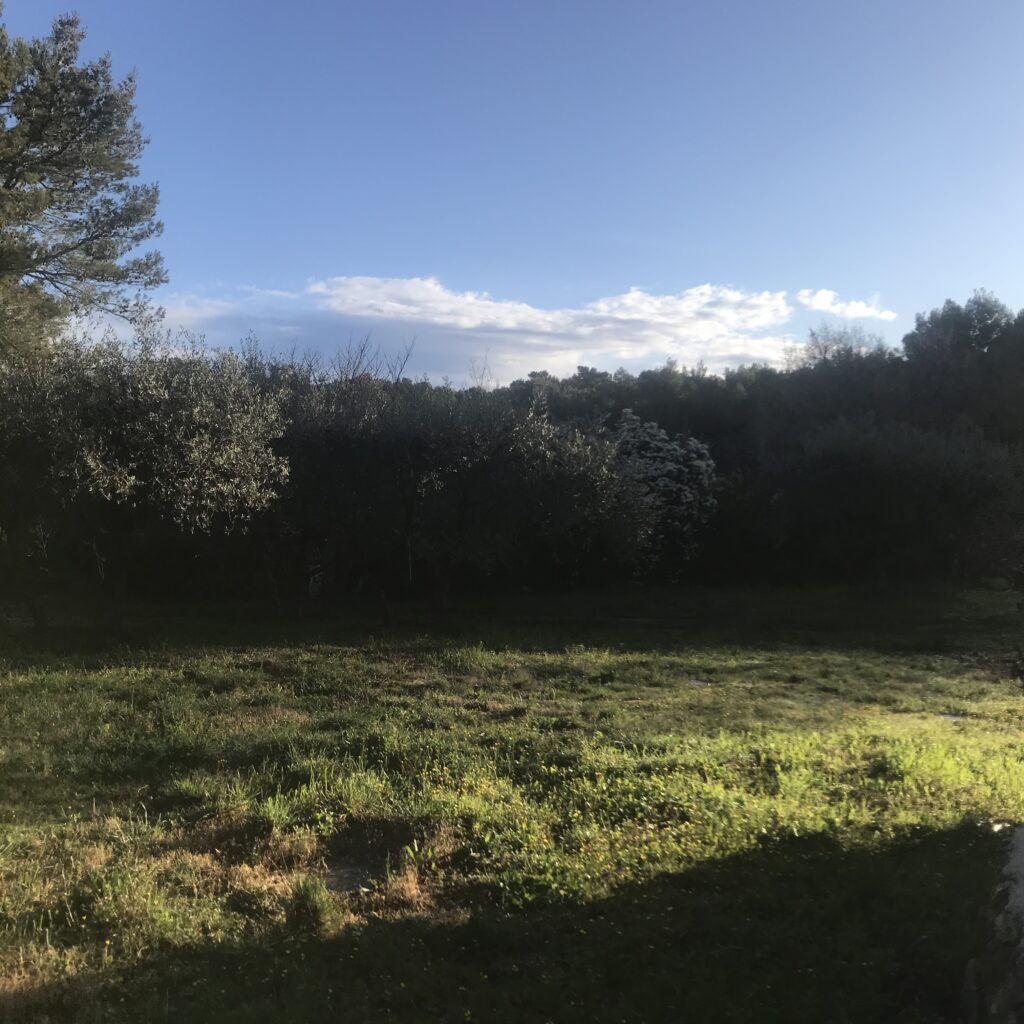
Maybe like me you’ve been plagued by the impostor syndrome, the gnawing feeling that you’re not truly good enough, hard working enough, or talented enough, to be worthy of your position. Just so we can both relax, I want to share right off the bat that I suspect (and that hunch has been confirmed by my favorite deconstructor of the myths of productivity, Oliver Burkeman, in his excellent book 4000 Weeks ), that most of us are in fact winging it most of the time.
On the other hand, mastery has got to be a thing: some people become world fencing champions, or round up cattle without breaking a sweat, or write the Great American novel, or grow impressively large cabbages, or get a country back on its feet after a bloody war, or know massechta eruvin front to back, or tie the very best sailor’s knots. No matter whether greatness, to paraphrase you-know-who, is a matter of birth, hard work, or getting struck in the face and taking it like a man (or a woman), surely there is such a thing as being truly great at something.
As middle age hits (and if it hasn’t already, it will, you know), you’re forced to take a look at your accomplishments. You ask what on earth, if anything, you’ve become at least somewhat good at. Having gone at some length through this introspective phase (I didn’t like it), I’ve settled it. There’s just one thing I’m decently good at, and that is thievery. I’m an excellent thief, and when I find something I like, I snatch it and I don’t give it back. I’m a bit of a magpie, lining my nest with shiny objects plundered from purses and trash cans (magpies in reality do not favor shiny objects over dull ones, but that’s another story).
Now my parents have raised me on solid moral principles so I don’t have a kleptomaniac bone in my body. I’m not that kind of thief. But I do fall in love with ideas (and, occasionally, things, and even people), and nothing makes me happier than tucking them into my breast pocket and pulling them out later, when I’m alone, to consider. Sometimes my head feels like a coffer full of riches plundered from places as colorfully diverse as the stands in a Roman bazaar. I’ve found my treasures in the daily life of my French farming kin, in Hebrew homilies on the garden of Eden, in the fragile space created in Japan by words and bodies (what they don’t say, where they don’t stand), in 19th century British novels, in seeds catalogs, second hand stores, and conversations with Uber drivers. I’m filled with roots and cuttings, past and present, East, West, and Middle. If the price to pay for love is grief, the price to pay for being an immigrant, for making big physical and cultural moves, is a kind of permanent dislocation. But the silver lining is the wealth of the peddler: an inner world bursting like a pomegranate.
The Chinese, and then the Japanese after them, have contributed a most beautiful idea to garden design, that of the “borrowed scenery,” or borrowed landscape. If there is a fine hill, a beautiful tree, or an elegant roof line outside of your garden walls, you should scheme as best you can to make them part of your view. Never block them off; integrate them instead into your design and make them yours. Of course they won’t really belong to you, but nothing ever fully belong to us anyway. Aren’t we all working on borrowed time? In the garden, the borrowed landscape can be a reminder that even the things within your walls are only temporarily yours. Here I share my favorite borrowed landscapes, my garden inventory.
7 responses to “An Introduction”
I love this concept of “Borrowed Landscape” having moved to a rental with a smaller yard and no trees of my own, I look to the surrounding trees and views. I just completed a move, big hugs to you!
Don’t think for a moment that you haven’t mastered the written word. You are a beautiful writer and I love reading every word.
Your blogs when you were traveling were so very interesting and I always looked forward to them … with horticulture you are opening up another realm of stories for all of us to enjoy.
One of my ostomy friends does a blog and I love reading it. You will have many avid readers with whatever you write. ❤️
I am so glad that I can now read your wonderful blogs!
You have found your calling ! Thank you for
Sharing with us ✍️. Look forward to more.
As a fellow thief, I can only acknowledge your talent. Keep the good work going, thieves and poets make history. Love
Dear Fabienne, I just heard of the imposter syndrome from a friend and then I hear it from you…and it is so true. I always feel I am not really knowledgeable about anything. However there is one thing I do know – I know good writing when I read it. The sort of writing that makes you think and makes you feel you are not alone. Please keep writing.
Leah xx
I believe men are less prone to ‘imposter syndrome” than women. There was a study of American graduate students: the women predominately felt that they were accepted via a loophole or exception while the men were all confident that they deserved their spots.
Kudos, Fabienne.
Hannah